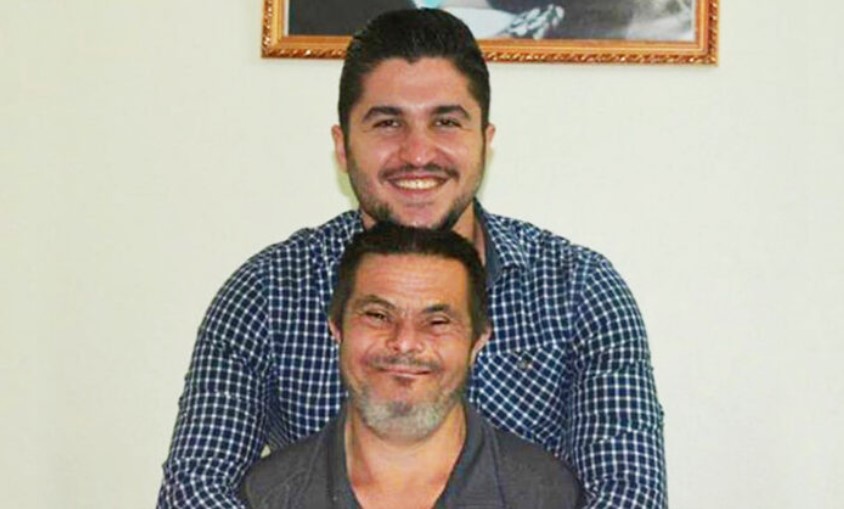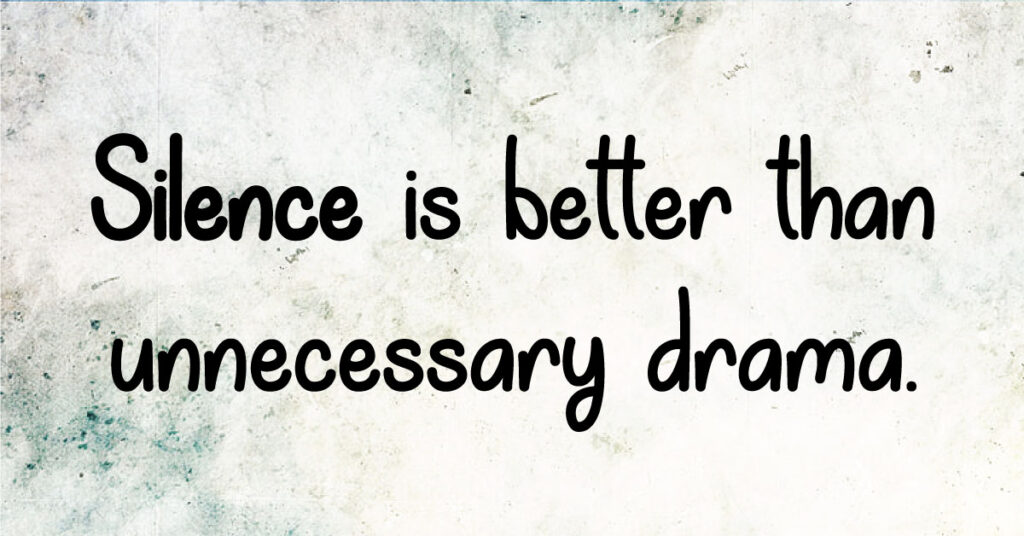Anxiety is a complex and debilitating mental health condition that affects millions of people worldwide. It is a normal stress response, but for some people, it can develop into a chronic condition that significantly impacts their daily life. Sadly, anxiety is increasing among people of all ages and backgrounds, and it is becoming a significant problem in many societies.
The fast-paced, high-pressure nature of modern life has contributed to the rise of anxiety. The constant pressure to perform, long working hours, and social media have created a stressful environment that can lead to an individual feeling overwhelmed, isolated, and anxious. The COVID-19 pandemic added fuel to the fire, with millions living in uncertainty, anxiety, and fear due to health concerns and economic instability.
Despite the prevalence of anxiety, it remains a taboo subject in some places. People may be afraid to speak about their experiences due to stigma, shame, or societal pressure to appear strong and resilient. This lack of understanding and conversation about anxiety has created a significant barrier to recognizing and addressing the condition.
Without appropriate support and treatment, anxiety can have severe consequences. It can interfere with an individual’s social, professional, and personal life, leading them to experience a diminished quality of life. It can even contribute to depression or lead to substance abuse as a coping mechanism.
The good news is that, with the proper support and understanding, anxiety can be managed, and individuals can go on to lead healthy, fulfilling lives. By opening up the conversation around anxiety, we can break down the stigma, encourage help-seeking behavior, and create a healthier society for all.
Here are 10 Things To Tell Yourself When Anxiety Attacks
When anxiety attacks, it can feel overwhelming and unbearable. Here are ten things you can tell yourself to help alleviate the symptoms and regain control:
“This feeling is temporary”
It’s common to feel overwhelmed and out of control when anxiety attacks. In these moments, it’s important to remember that anxiety comes in waves and will eventually pass. While the feelings may be intense at the moment, it’s crucial to keep in mind that they are not permanent. Reminding yourself that this feeling is temporary can help you feel less helpless and more empowered to manage the anxiety. By acknowledging that anxiety is not a constant state and accepting that it will pass, you can focus on coping strategies and taking steps toward feeling more at ease.
“I can handle this”
When anxiety takes over, it’s easy to feel powerless and out of control. However, it’s important to remember that you have the ability to manage anxiety and take control of the situation. Believing in yourself is key to overcoming anxiety, and it can help you feel more confident in your ability to manage the symptoms. Instead of focusing on the negative aspects of the situation, try to shift your mindset toward what you can do to alleviate the anxiety.
Practice self-compassion and reassure yourself that you are capable of managing the situation. With a positive attitude and a willingness to take action, you can gain control over your anxiety and begin to feel more calm and more centered.
“Breathe. Inhale for 4 seconds, hold for 7 seconds, and exhale for 8 seconds”
Furthermore, deep breathing can also have long-term benefits in managing anxiety. By practicing this breathing exercise regularly, you can train your body to rely on slow, deep breaths as a natural response to anxiety triggers. This can help reduce the frequency and intensity of anxiety attacks, as well as improve your ability to cope with stressful situations.
Moreover, studies have shown that deep breathing has a positive effect on overall physical health, including reducing high blood pressure and improving cardiovascular health. Incorporating deep breathing into your daily routine can have significant benefits for both your mental and physical well-being. With dedication and practice, you can use this simple technique as a powerful tool to manage anxiety and promote a healthier, happier life.
“I am safe”
When anxiety is rooted in fear, it can be helpful to reassure yourself that you are in a safe environment. Fear-based anxiety can often trigger the fight or flight response, which can make you feel like you are in danger, even when you are not. If you find yourself experiencing fear-based anxiety, take a moment to look around and survey your environment. Try to identify any potential threats or hazards and reassure yourself that you are safe.
Remember that anxiety is often a result of our thoughts and perceptions and is not always rooted in reality. If you are struggling to feel safe in your environment, try to identify positive aspects of the situation that can help you feel more grounded and secure. With time and practice, you can learn to manage fear-based anxiety and regain a sense of safety and control.
“I am not alone”
It can be easy to feel isolated and alone when experiencing anxiety. However, it’s essential to remember that anxiety is a common experience, and many others struggle with it as well. You are not alone in your struggles, and there is a vast community of people who can relate to what you are going through. Knowing that anxiety is a common and relatable experience can help you feel more connected and supported.
Seeking out support groups or counseling can also provide you with the opportunity to connect with others who share similar experiences. By recognizing that anxiety is a common experience for many, you can break down the stigma and shame often associated with the condition and begin to find the support and connection you need to manage your symptoms effectively.
“It’s okay to ask for help”
It can be challenging to manage anxiety alone, which is why seeking support from others is essential. A trusted friend or mental health professional can offer guidance, support, and a listening ear to help you manage your anxiety. If you’re feeling overwhelmed or struggling to manage your symptoms, don’t hesitate to reach out for help. Friends and family members can provide essential emotional support and understanding, which can help ease anxiety symptoms.
A mental health professional can also provide specialized support in the form of therapy or medication to help you better manage your symptoms. Remember that seeking external support is a sign of strength and courage, and you deserve to have the help you need to overcome anxiety. Don’t be afraid to take the first step towards seeking help and finding relief.
“I am in control of my thoughts”
Mindfulness is a technique that can be incredibly effective in managing anxiety. When anxiety strikes, it’s easy for our thoughts to spiral out of control, leading to increased feelings of stress and panic. Mindfulness is a way to redirect these thoughts toward positive affirmations or visualization techniques. By focusing on positive thoughts, we can take control of our emotions and reduce anxiety symptoms.
Mindful breathing exercises, meditation, and progressive muscle relaxation techniques are just a few ways to practice mindfulness. Positive affirmations or visualization techniques can help redirect negative emotions towards more positive and calming thoughts, promoting a sense of well-being and peace. With regular practice, mindfulness can help build resilience against anxiety and improve your overall mental health.
“I am stronger than my anxiety”
When you’re experiencing anxiety, it’s easy to forget about your strengths and resilience. It’s important to recognize that you have overcome challenges in the past and have the inner strength to overcome the current challenge as well. Remind yourself of past experiences where you successfully overcame adversity and used your inner strength to persevere.
Think about how you felt when you accomplished something difficult and use that feeling to motivate yourself during times of anxiety. Recognize that anxiety is just one of many challenges you have faced and that you have the ability to overcome it with time and practice. By recognizing your resilience and natural ability to overcome challenges, you can start to build a sense of confidence and power over anxiety.
“I have been here before and made it through”
When anxiety strikes, it can be easy to feel helpless and overwhelmed. However, it’s essential to remember that you have managed anxiety in the past and can do it again. Reminding yourself of past experiences where you successfully managed anxiety can be incredibly empowering. Think about the strategies you used in the past to calm yourself down and overcome anxiety symptoms. Maybe you used deep breathing, positive affirmations, or visualization techniques.
Whatever techniques worked for you in the past, take a moment to remember them and bring them back into your current situation. Recognizing that you have successfully managed anxiety in the past can help you build confidence in your ability to do so again. It can also remind you that anxiety is not a constant state and that with practice, it can be managed effectively.
“I love and accept myself”
Self-love and acceptance are crucial in overcoming anxiety and maintaining emotional well-being. Anxiety can often be triggered by negative thoughts and self-criticism, leading to feelings of low self-worth and inadequacy. Practicing self-love and acceptance involves treating yourself with compassion, kindness, and understanding. It’s about recognizing that you are imperfect and that’s okay. It involves accepting your flaws and embracing your strengths, rather than focusing on your shortcomings.
When you practice self-love and acceptance, you can reduce your anxiety levels and improve your emotional well-being. You’ll begin to notice that you become more confident in yourself, less critical of your flaws, and more content in your own skin. By prioritizing self-care and self-compassion, you can cultivate a sense of inner peace and resilience against anxiety.








